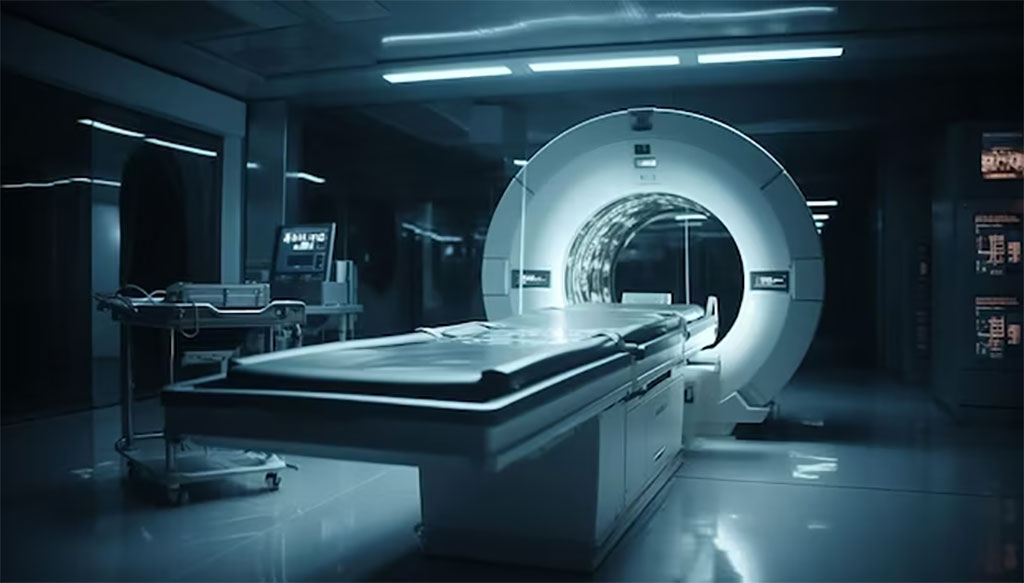MRI-Guided Radiotherapy for Prostate Cancer Improves Treatment Accuracy
Posted on 25 Jul 2023
Stereotactic body radiotherapy (SBRT) is increasingly being used for managing prostate cancer, although conventional techniques present considerable toxicity risks. The use of magnetic resonance-guided daily adaptive SBRT (MRg-A-SBRT) brings technological advantages in radiation dose delivery precision, but its toxicity profile compared to the more frequently used computed tomography-guided non-adaptive prostate SBRT (CT-SBRT) has remained unexplored. Now, researchers have found that MRg-A-SBRT can significantly improve radiation therapy safety for prostate cancer patients. This method, by using imaging technology as a guide, allows clinicians to accurately target radiation beams at the prostate, reducing exposure to nearby tissues in the bladder, urethra, and rectum.
These insights have emerged from an exhaustive analysis of all published clinical trials of MRg-A-SBRT conducted by researchers at the Dana-Farber/Brigham and Women's Cancer Center (Boston, MA, USA). The team thoroughly examined the efficacy of MRg-A-SBRT for prostate cancer treatment, meticulously searching the medical literature for prospective studies that had evaluated MRg-A-SBRT. They combined data from 29 clinical trials involving a total of 2,547 patients, and compared the side effects of MRg-A-SBRT with a more conventional treatment approach that utilized CT-SBRT but did not involve daily adjustments like MRg-A-SBRT.

Their analysis revealed that MRg-A-SBRT led to significantly fewer urinary and bowel side effects over the short term following radiation treatment. Specifically, urinary side effects saw a significant 44% reduction, while bowel side effects decreased by a remarkable 60%. This research, the first of its kind to directly compare the advantages of MR-guided adaptive prostate radiation with a more standard and conventional form of radiation, strongly endorses the use of MRg-A-SBRT as an efficient treatment option for managing prostate cancer.
Related Links:
Dana-Farber/Brigham and Women's Cancer Center













